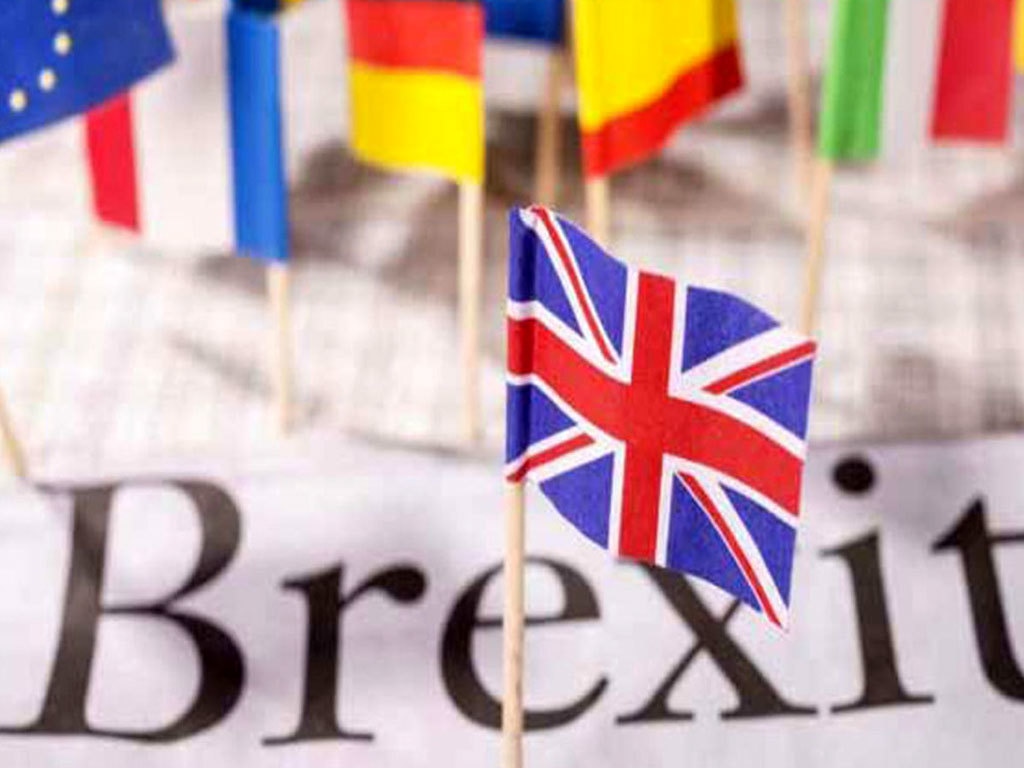Post-Brexit borders to divide EU, UK citizens
- Britons, for example, have long favoured Spain, France, Germany and Italy to set down new roots as workers or retirees.
BRUSSELS: From January 1 British and EU citizens will be confronted with the reality of Brexit as the transition period ends and borders that were done away with decades ago return.
Although a deal has been struck to permit tariff-free trade across the Channel, from that date, Britons will be treated by the EU as "third country" nationals.
They will no longer enjoy freedom of movement to work, study or retire across the European Union and Britain in turn will process EU nationals at its borders as it does other non-UK passport holders.
EU citizens proving residence in Britain, or Britons already living in a European Union country, will theoretically retain their rights under a Withdrawal Agreement struck in late 2019.
Tourists
Tourists will see some immediate changes -- apart from the fluctuating coronavirus restrictions already crimping travel -- but both sides have agreed that travel will be visa-free, as long as the other side keeps it that way.
The EU will however stop British passports being used in its automated e-gates, potentially meaning longer queues at manned passport booths.
Britons must hold passports still valid for at least six months and will be limited to EU stays of 90 days in a rolling 180-day period.
They will also need to show travel insurance coverage, sufficient funds and a return ticket on request.
Europeans entering Britain can use a national ID card until October, after which only passports will be accepted, for stays of up to six months.
EU passport holders will be able to continue using British e-gates under current guidance.
Those with criminal records may be banned and non-European family members of a European may need a visa, depending on nationality.
Business travellers
The EU-UK deal reached Thursday has set out the visa requirements for business travellers, the details of which are yet to be made public.
In the EU, Britons attending conferences or meetings likely will be exempt from visas where they do not receive payment or provide services.
However, for other UK business travellers, including posted workers and the self-employed, a visa and/or a work permit may be imposed in line with each individual EU country's laws.
There will also be tax and social security considerations.
Certain services or company ownership in those countries may be off-limits to non-EU citizens or residents or those lacking national licences, and customs declarations may be needed for goods brought in.
Students and universities
From January, EU students going to Britain will need a visa for courses longer than six months, and will have to pay steeper tuition fees -- four times as much for degrees such as medicine or MBAs at prestigious universities.
That hefty burden may force many European students to choose EU institutions -- some of which are free -- over British ones, which UK universities fear will blow a big hole in their finances.
According to UK parliament research, there were 143,000 EU students in British universities in the 2018 to 2019 school year.
International students have made Britain the second-most popular education destination after the US, and they injected £25.8 billion (29 billion euros, or $34 billion) into the UK economy in 2015.
Emigrants
For the estimated 1.3 million Britons living in the EU and the more than four million EU citizens living in the UK before the end of the transition period, their rights to stay are protected under the 2019 Withdrawal Agreement.
Those wanting to emigrate elsewhere in the EU after January 1 will find a very different situation.
Britons, for example, have long favoured Spain, France, Germany and Italy to set down new roots as workers or retirees.
But the end of freedom of movement will see them having to jump through the same hoops as other "third country" nationals, which often include health insurance, income and language requirements.
Britain, for its part, is bringing in a points-based system from 2021 that will make it significantly harder for Europeans to move there.
Age, English language ability, funds and the requirement to pay a health surcharge will all be evaluated, with caps on some of the immigration channels.





















Comments
Comments are closed.